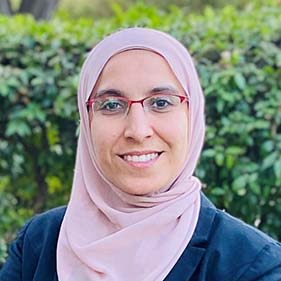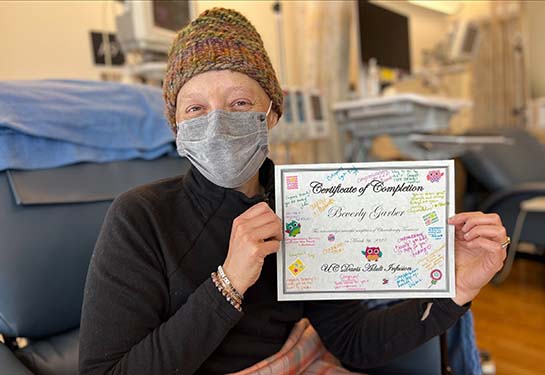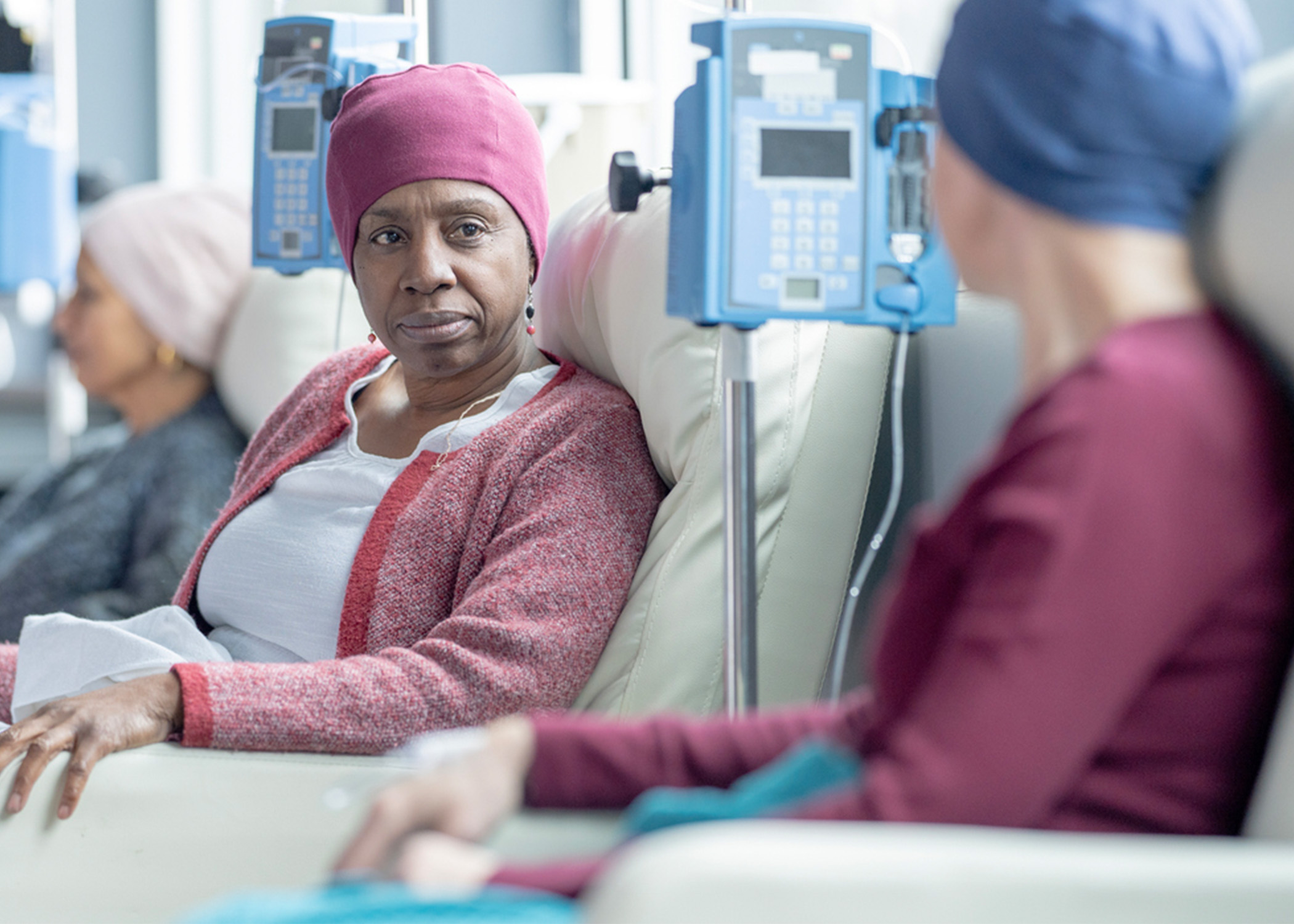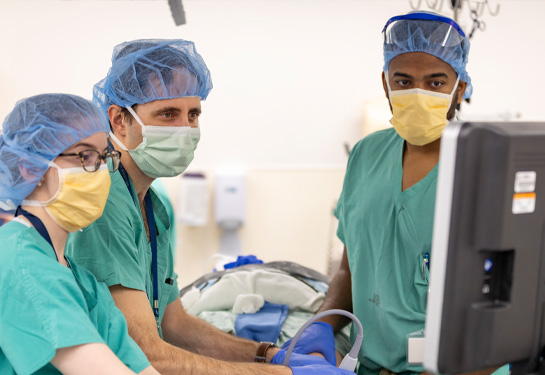High price tag for the stress cancer causes young cancer patients
New research finds the psychological distress experienced by adolescents and young adults (AYA) who receive a cancer diagnosis has a significant economic cost. A study led by UC Davis Epidemiology PhD graduate Ola A. Abdelhadi shows these costs often compound the expenses associated with their care.
The study was published online Jan. 10 in the American Cancer Society journal Cancer. The findings illuminate the need for psychological care interventions for short- and long-term AYA cancer survivors. The study is the first to put a price tag on the phenomenon.
Abdelhadi and her team found that cancer survivors diagnosed with the disease at 15 to 39 years of age are twice as likely as people without a history of cancer to experience:
- depression
- anxiety
- panic attacks
- posttraumatic stress disorder
- worry
- anger or other forms of psychological distress
The psychological distress was also found to be high many years after the diagnosis.
The results show there is an economic cost to the psychological impact of cancer on young people.”—Ola Abdelhadi
“The results show there is an economic cost to the psychological impact of cancer on young people,” said Abdelhadi. “My hope is that the research will help inform the care that is given during and after cancer treatment so that these young people feel supported as they face their futures.”
Abdelhadi said psychological counseling provided early during their survivorship care plan may help AYA patients recover from cancer and, ultimately, lower overall medical expenses.
The researchers determined that medical expenses associated with psychological distress averaged $2,600 more for AYA cancer survivors than for adults without a history of cancer. No prior studies have evaluated the additional medical expenses and health care utilization associated with psychological distress in these survivors.
Abdelhadi collaborated on the study with several UC Davis Health researchers. They included Bradley H. Pollock, professor and Rolkin chair in the Department of Public Health Sciences, Jill G. Joseph, professor emeritus at the Betty Irene Moore School of Nursing, and Theresa Keegan, a professor of medicine in the Departments of Internal Medicine and Public Health Sciences. Keegan specializes in cancer epidemiology in adolescents and young adults.
The faculty members working with Abdelhadi on the study are part of the Population Sciences and Health Disparities Program of the UC Davis Comprehensive Cancer Center. Pollock and Keegan are integral leaders in AYA oncology research efforts that include training young investigators such as Abdelhadi.
Abdelhadi is a past junior investigator presentation winner at the cancer center’s Annual Spotlight on Early Career Investigators. Her presentation focused on research on chronic conditions in AYA cancer patients.
UC Davis Comprehensive Cancer Center
UC Davis Comprehensive Cancer Center is the only National Cancer Institute-designated center serving the Central Valley and inland Northern California, a region of more than 6 million people. Its specialists provide compassionate, comprehensive care for more than 100,000 adults and children every year and access to more than 200 active clinical trials at any given time. Its innovative research program engages more than 240 scientists at UC Davis who work collaboratively to advance discovery of new tools to diagnose and treat cancer. Patients have access to leading-edge care, including immunotherapy and other targeted treatments. Its Office of Community Outreach and Engagement addresses disparities in cancer outcomes across diverse populations, and the cancer center provides comprehensive education and workforce development programs for the next generation of clinicians and scientists. For more information, visit cancer.ucdavis.edu.






